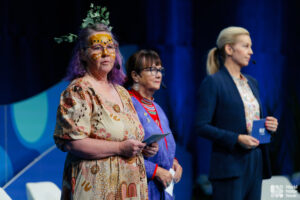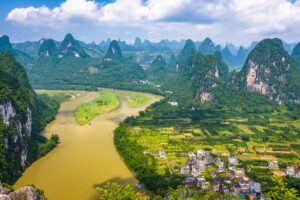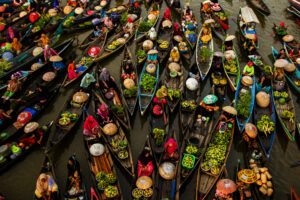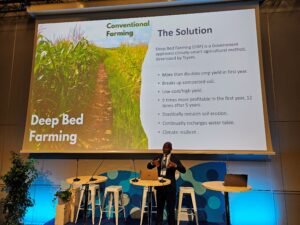Report: Radically new context for water and food security
Water resources are scarce in relation to a booming demand, and their availability varies significantly. Global warming means changes in precipitation patterns with prolonged periods of extremes. Droughts that last for years represent society’s new normal. Together with continuous demographic change and shifts in food habits, a radically new context for water and food security and human dignity has evolved. Unexpected and unwanted paradoxes have to be recognized and managed.
We live in a richer, fatter world. Supported by official statistics and results from frontline research, the report Water, Food Security and Human Dignity shows that the increase in global food supply was about 30 per cent higher than population growth during recent decades. Undernourishment has been reduced drastically. On the other hand, overweight and obesity increased far more rapidly as compared to the reduction of undernourishment. Similarly, between one third and one half of the food produced is lost due to poor transport, storage and lack of access to markets, or wasted by consumers. Rivers of water are literally exploited in vain. When the rivers are dessicated and the rains fail, people turn to groundwater, which is often several hundred metres deep in affluent as well as low-income countries. Consequences of water and food trends are wide. Use of energy and emissions of greenhouse gasses are closely linked to water and food systems.
These are complex and worrisome trends. However, the report emphasizes that the road map to a desirable future is available. Collaboration between governments, private sector and civil society provide opportunities to practice knowledge and to develop capacity for a better tomorrow. The strategy must be based on resources husbandry and a most worthwhile use of the water that is available, i.e., to produce nutritious food. Consumers must collaborate in this endeavor. The right to food must be implemented so that vulnerable groups get access to food or make it possible to enhance food self-sufficiency among those that suffer. Similarly, the trade in food and access to modern inputs that will enable farmers to make best possible use of water are necessary.
The report, written by Jan Lundqvist and Jenny Grönwall at SIWI and Anders Jägerskog at Swedish International Development Cooperation Agency, Sida is available here.








